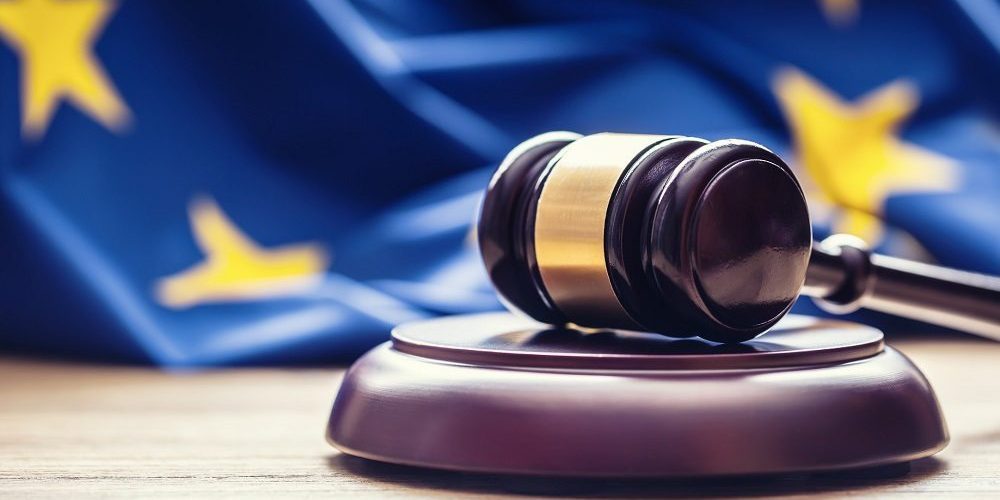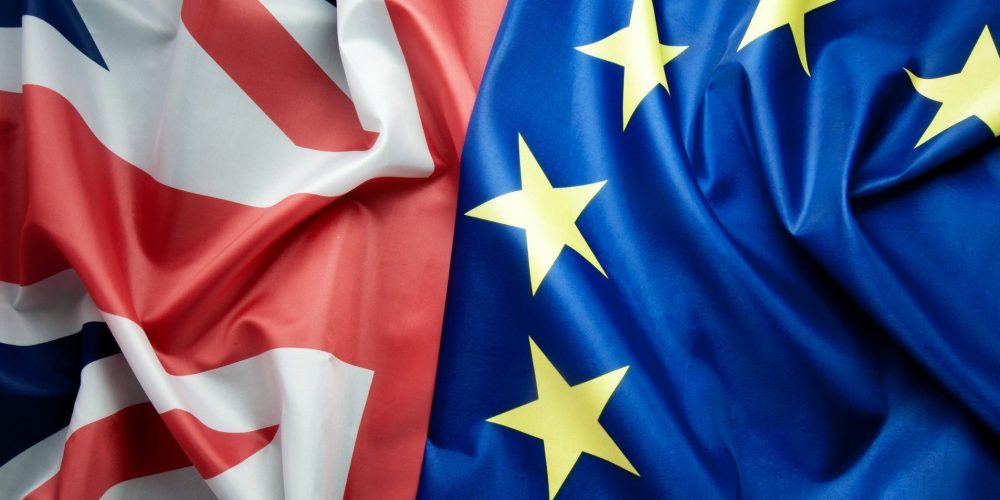GDPR who? You ask yourselves as you send more marketing emails to consumers who have not opted in to your mailing list.
Now it seems as though the looming, darkened cloud that is GDPR has scattered and drifted away in the weeks after the new regulations deadline, and people have generally begun to cease talking about it. Well, that’s what we thought anyway. However, just because one does not talk about something doesn’t mean that it’s not happening. In GDPR’s case, it isn’t to say that people are necessarily abiding by these newly-found rules, because some are most certainly not.
CNET.com revealed within the first few days of the privacy laws, Google, Facebook, Instagram, and WhatsApp all received privacy complaints that had the potential to amount to an astonishing $9.3 billion in fines. Known as “bundling”, the culprits had been accused of adopting a “take it or leave it” stance with consumers by demanding that they accept their prying terms of service. That wasn’t a great start, was it?

You can probably remember your own personal email account being bombarded with emails from various companies asking you to accept how they collect and store your data in order to remain in their mailing list? Do you also remember ignoring most of them? I certainly do. From personal experience and also seeing others venting via social media, I still find that my inbox is overflowing with what I call e-garbage. Whether that be a retailer whom I haven’t purchased from in ages promoting their latest collection, or a vehicle specialist trying to ram quotes down my throat for something I had fixed months ago. Constantly selecting around 30 emails at a time and marking them as read or junk can become quite tiresome, but let’s be honest it’s quicker than going through the hassle of unsubscribing to them.

So why are businesses still allowed to do this? Well, it’s a little clause in the new GDPR that the Information Commissioners Office (ICO) explain as “legitimate interest”. To find out more on how to operate under the new regulations you should refer to Article 94 of the GDPR.
That said, businesses should not rely solely on legitimate interest as it was anticipated that a new EU e-privacy regulation (governing electronic communications) would be enforced in line with the GDPR, however, it has now been confirmed that this will be delayed until 2019. During 2018, Privacy and Electronic Communications Regulations (PECR) will sit alongside the GDPR as it currently does with the Data Protection Act. So before relying on GDPR’s legitimate interest rules you must consider PECR.
So where does that leave consumers who ignored those pressing requests to stay in the marketing loop? Come on, we’re all guilty of it. “Ugh effort” was a common notion. Maybe organisations assume that recipients’ ignorance of GDPR compliance efforts means that they do not mind receiving e-marketing. Other grounds for argument could be, for example, a retailer still marketing to a previous purchaser who ignored the opt-in request may claim that e-marketing is in legitimate interest in order to prompt repeat purchase in the future.
I guess your business could argue that customers didn’t decline to receive marketing even though they didn’t accept either, leaving businesses sat on the fence with regards to whether or not they should send them emails. Given the importance of data protection and security during these times where data breaches and hackers can strike at any moment, it is important that you comply with the rules of operation set out by GDPR and PECR when it comes to e-marketing. After all, the last thing you want is to incur a huge fine that could land you in deep financial trouble.

The staggering of new legislation undoubtedly means marketers need to be even more mindful. Think about the GDPR and PECR for now and consider the potential e-privacy impact. For us at Hopewiser this means we will mix in direct mail into our marketing mix so that we can legitimately talk to our potential clients without fearing the rules of PECR. A previous study showed direct mail offered 100% delivery. 56% of people believe that printed marketing is the most trustworthy form of communication, and 66% of consumers keep their mail for over 2 weeks. Even in a digital world, direct mail results in 44% of recipients visiting your website. Average response rates are 4%. Overall, 7% of receivers will take some sort of action.
So here at Hopewiser we ensure that all the data we handle is as clean as possible. Our Address Cleanse service de-dupes, verifies, and enhances your company records, giving you good, clean, and accurate data. Using our service will give you access to a number of suppression files, such as the National Deceased Register (NDR), meaning you will no longer run the risk of marketing to deceased persons. You can also read more about the importance of data cleansing and the essential steps you need to take to keep your data clean.
, updated 22nd February 2023.
Topic: ComplianceData CleansingGDPR






